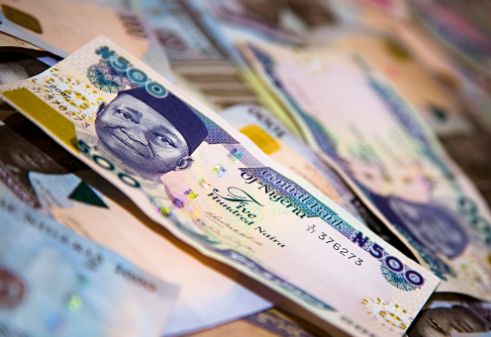We’ve all heard it many times: It’s not how much you earn but how you
spend what you earn that counts. Or how about this formula for financial
success: Spend less than you make and do it over a long period of time.
So why are such simple principles so hard to live by? Why are they easier said than done?
The apostle Paul was very familiar with the struggles we face today as
we attempt to wisely manage the resources God entrusts to us. Listen to
Paul’s words from the book of Romans: “For I do not understand my own
actions. For I do not do what I want, but I do the very thing I hate”
(Romans 7:15).
Do you feel the same way when it comes to making financial decisions?
Are you struggling with regrets, as you look back at mistakes and bad
financial choices you have made? If so, don’t despair—there really is
hope at the end of the tunnel.
Acquiring sound financial behavior is a journey, and you can begin by changing one thing, one habit at a time.
Rome wasn’t built in a day, and making smart financial decisions, and
seeing the results of those decisions, won’t happen overnight either.
So what are some simple changes you can make that will have a big impact
on not only your pocket book but also on you as an individual?
- Recognize that all you have is really…well…not yours. You are a manager of God’s resources. 1 Chronicles 29:11 tells us “Everything in the heavens and earth is yours, O Lord…”
- Understand that God expects you to manage His resources wisely.
As you are faithful with little, He’ll entrust you with more…as He
deems appropriate. 1 Chronicles 29:12 tells us that wealth comes from
Him, and Him alone.
- Find out where the money is going every month. Track ALL of
your spending for 30 to 60 days. It will be a very telling exercise.
After all, you can’t get to where you want to be if you don’t know where
you are right now. Proverbs 27:23 tells us, “Be sure you know the
condition of your flocks, give careful attention to your herds…”
- Make a PLAN. This is where you or you and your spouse sit
down and decide how every dollar will be spent each month. You can use a
simple Excel spreadsheet and list all of the “categories” you spend
money on monthly (home, utilities, food, debt, and so forth). If you
enjoy technology, the Mvelopes® budgeting system is a great free tool to
help you make a plan and stick with it.
- STOP using credit. Make a deal with yourself to wait 30 days
before purchasing items that would require using debt. For some this may
be a hard habit to break. It will require doing without, saying NO, and
learning to be content. I promise you, the payoff is well worth it!
- SAVE. SAVE. SAVE. There is really no way around it. If you
want to break the debt cycle, you have to learn how to be a saver. If
you don’t, then any emergency or unexpected life event will drive you
deeper into debt. So make a commitment to set aside even as little as
$30 to $50 a month. “In the house of the wise are stores of choice food
and oil, but a foolish man devours all he has” (Proverbs 21:20).
Often we keep going in the wrong direction because we simply don’t know
what that first step in the right direction is. The financial problems
may seem so overwhelming, and you may be looking for complicated
solutions to solve your complicated problems.
Stop looking. Start trusting that God’s simple, ancient wisdom is the solution. So here it is again, in six simple steps:
Recognize that He is the owner.
Accept your responsibility as a manager.
Track ALL of your spending.
Make a plan.
Stop using credit – apply the 30-day rule for purchases.
Become a saver.
[written by Megan Pacheco]






